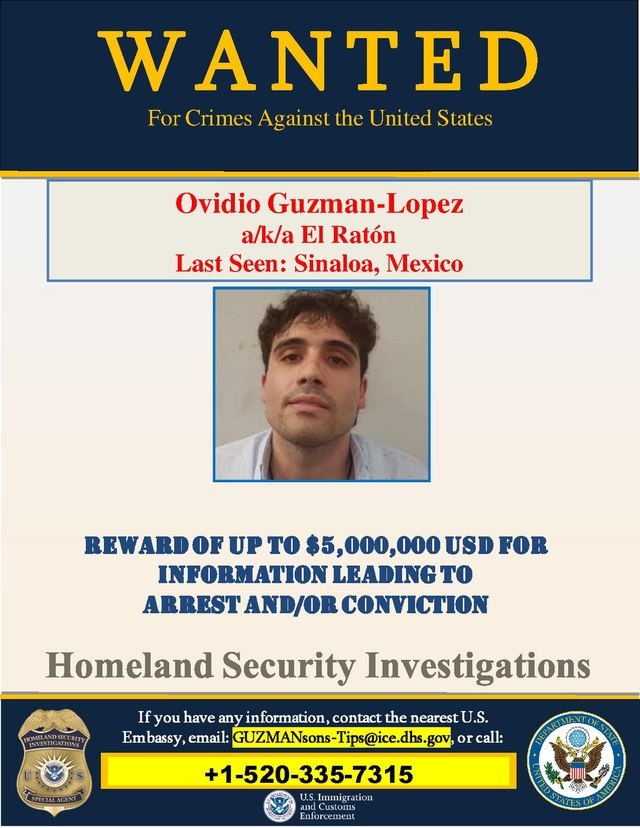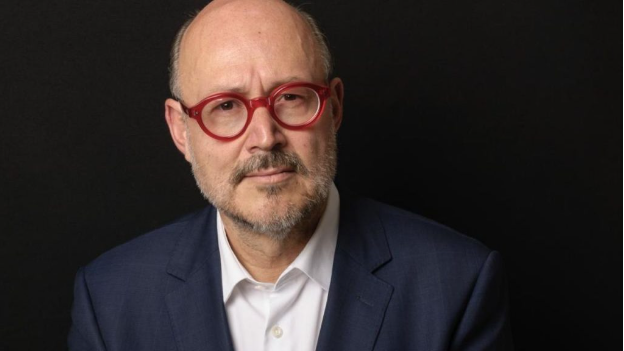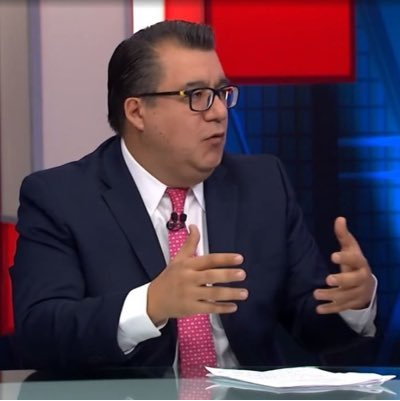
After the capture of Ovidio Guzmán López, one of the most wanted drug traffickers in Mexico and the United States, son of Joaquín Guzmán Loera "El Chapo", in an operation in the city of Culiacán, Sinaloa, on January 5, experts describe the arrest as a clear message to the Sinaloa Cartel.
"The Mexican government calculated well and it worked out in its favor without the help of the DEA and the U.S. authorities. I think the authorities did not intend to cause too much violent damage, but rather to send a message to the Sinaloa Cartel," said Ricardo Raphael, a Mexican writer, journalist and radio and television host, who in an interview with Península 360 Press stressed that it is important to note that Ovidio is not the most powerful member of the Sinaloa Cartel, but he is the most visible.

Raphael believes that "although Ovidio was arrested, the bosses of the Mayo Zambada cartel continue to operate in Tijuana."
However, "The Mexican government has learned that organized crime is better than disorganized crime."
This was explained to Península 360 Press by Eduardo Guerrero, director of Lantia Intelligence, a consultancy specialising in violence and risk mitigation.
“There have been many protests in Culiacan against the Mexican government for failing to protect innocent families caught in the crossfire during arrest operations. The cartel blocked roads, burned trailers and trucks, and even set fire to local businesses. I believe these reactions will last for the next few weeks and slowly fade away. Since Ovidio is an isolated attack, the cartel will stabilize and the spike in violence should subside,” he stressed.

Ovidio Guzmán has not been the only isolated arrest in recent months, Guerrero says,
«Antonio Oseguera was arrested a few weeks ago as one of the key members of the Jalisco New Generation Cartel, as well as Gerardo Treviño, alias “El Huevo”, leader of the Cartel del Noreste. This means that there have been three targeted attacks in the last month. The government is interested in maintaining a positive political appearance before the presidential elections.»
Paradoxically, on Tuesday, January 17, a court in Brooklyn, New York, began investigating former Mexican Secretary of Public Security Genaro García Luna, an alleged member of the Sinaloa Cartel since 2001, accused not only of corruption charges, but of a crime perhaps even more serious.
During the war on drugs declared by former President Felipe Calderón (2006-2012), García Luna possibly adopted a selective strategy of capturing and killing drug lords and their lieutenants, in order to weaken rival Sinaloa cartels in exchange for millions of dollars.
During his tenure, García Luna was in charge of the most significant drug-related efforts in Mexico, leading to the massive escalation of violence and homicides the country has experienced ever since.
García Luna's Ministry received millions of dollars from the United States through the so-called Mérida Initiative, in the form of military aid, equipment, training, as well as intelligence.
In this regard, Eduardo Guerrero believes that during this trial "there will be many surprises and unprecedented revelations. I believe that García Luna was associated not only with criminals, but with important businessmen and influential political figures in certain states. There will be many scandals after this trial."
He explained that the Mexican government now has to choose whether it wants to pursue a strategy of selective arrests to please the U.S., or a different type of strategy that would force them to target many drug traffickers from the same cartel at once, the only way to truly weaken a criminal organization.
However, pursuing the latter strategy has proven fruitless in the past, especially during the Calderón administration, when there was a massive escalation of violence. The options for Mexico are not simple.
As Ricardo Rafael says, the Mexican government has to play a delicate game: on the one hand, please the United States and make it seem that the government and the armed forces are still capable of maintaining order and containing the cartels, and on the other, send the message to the criminal organizations that the Mexican government will not launch an all-out war against them, since this strategy can backfire.
Adjustments and readjustments
Since the start of the COVID-19 pandemic, Mexico has been engulfed in drug-related violence, most likely related to shifts and accommodations among criminal organizations that have been filling the void left by the capture and trial of the country’s most notorious drug lord, Joaquín “El Chapo” Guzmán, currently held in a maximum security prison in Colorado, and the rise of a ruthless criminal organization called the Jalisco New Generation Cartel (CJNG).
The latest developments in this violent saga involve an outbreak of violence and terror in the city of Culiacán in the first week of the year, in response to the capture of El Chapo's son, Ovidio Guzmán López. The arrest occurs in the context of renewed efforts to improve diplomatic relations between Mexico and the United States.
The unrest in the capital of Sinaloa state included roadblocks, shootings and burning of vehicles. On January 6, at least 29 people were killed, including 10 soldiers.
Mexico currently has most of the most violent cities in the world, including Tijuana and Acapulco, with homicide rates above 100 per 100,000 inhabitants ‒ for comparison, Oakland currently has a rate of 16 homicides per 100,000.
This is not the first time that the city of Culiacán has been taken over and occupied by organized crime, trying to capture Ovidio Guzmán. The last time, in 2019, drug trafficking organizations were so powerful that they forced the hand of the Mexican president, Andrés Manuel López Obrador ‒AMLO‒, and it was the Mexican army itself that freed the son of “El Chapo” under the pretext of “avoiding more bloodshed in that city.”
On this occasion, just days before AMLO's trilateral summit with US President Joseph Biden and Canadian Prime Minister Justin Trudeau, held on January 10, Ovidio Guzmán was not released, but rather forcefully transferred to Mexico City, and is expected to be extradited without delay to be tried in the United States.
Mexico's cooperation with the United States in the fight against drug trafficking has been a complex process since the beginning of AMLO's administration, who has proposed a new policy of what he colloquially calls "hugs, not bullets." It is clear that the policy has not worked.
You may be interested in: Will the North American Leaders Summit be a substantive change for immigration policy?

